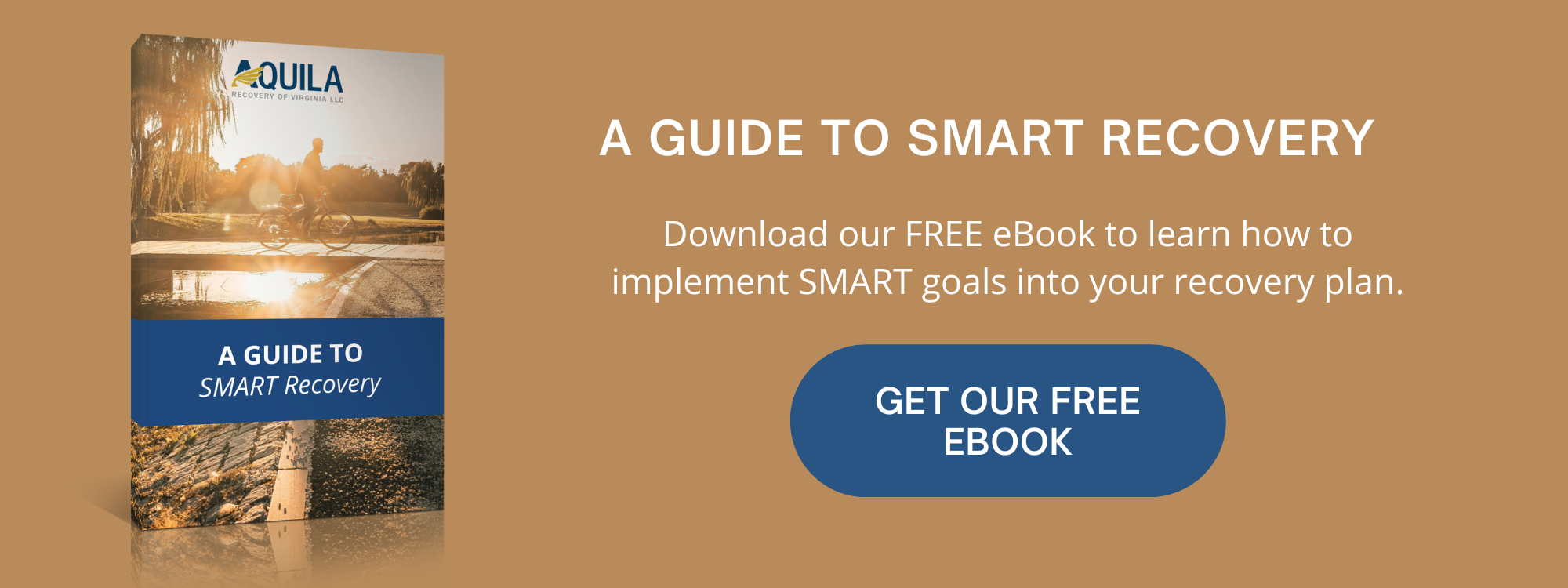Substance use disorders are not simply physical addictions. Underlying unresolved issues, trauma, emotional, and mental health often co-occur with substance use disorders and at least sixty percent of people who struggle with substance use disorder are also experiencing one co-occurring disorder at the same time. To address your issues is to address your mental (as well as physical) well being. Many find themselves at a loss as to where to start when it comes to mental health but your path to recovery begins with what you’re hoping to achieve.
From re-affirming family ties to creating a healthier lifestyle, your goals for recovery are going to be wide and varied and involve all aspects of your life. There’s no better way to encapsulate these ideas and goals initially than with a vision board. A vision board is a visual tool that helps concentrate your energy on specific life goals. It taps into the pre-verbal parts of your mind and, in some ways, allows you to represent goals and ideals you might not truly be able to verbalize yet.
Much like with setting SMART goals, a vision board can help you accurately assess your aims for the future by allowing you to see, in front of you, exactly what you want. These images can often serve as reminders for exactly what you are hoping to achieve.
Positivity Spreads
Vision boards serve dual purposes, since once you’re done making them they can be constant positive reminders that lift your mood. Fill your board with positivity and every time you look at the board you will be offering your mind a positive reinforcement of the better that is to come by following the road to recovery.
Powerful Messages
The brain power you use to visualize things is the same as when you actually carry out those actions, so visualizing can help you create and establish new habits. Seeing, for your brain, is often literally believing as the process of envisioning scenarios and activities in your mind’s eye creates the same brain activity as doing those activities.
Regaining Control
The self-reflective nature of a vision board, requiring you to select images that mean something to you and your goals for the future, can help bring the reasons for your recovery into focus and create a sense of control. Many people with substance use disorders feel like their lives have lost control personally and professionally. Vision boards are an area you alone control and taking ownership of them can help you take ownership of your own future too.
How can I create a vision board?
TTo create your own vision board you don’t need much, below are some items that many people like to use with them:
- A cork board or canvas, but a piece of card large enough to affix images to is enough for your first board
- Magazine and flyer cuttings, choose images that speak to your hopes and goals for the future
- Color samplers
Remember to keep your vision board somewhere prominent, so it can serve as a reminder to you of your goals. Vision boards can also be updated. Whenever you see something that is important to your future, or reminds you of your goals, adding it to your board is a quick way of reaffirming to yourself that you are on the right path.
Contact Aquila Recovery Clinic If You Need Help
You don’t ever have to face this alone, so while we’d suggest giving vision boards a try, professional help coupled with positive activities like vision boards is what is going to really make the difference to your recovery. We can help you evaluate your best options and offer residential programs as a method through which to regain control. We also have a focus on dual diagnosis – treating the physical alongside the emotional strains you’re experiencing – and helping you make a successful transition to recovery.

